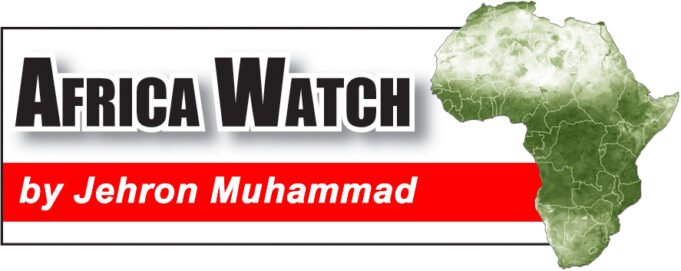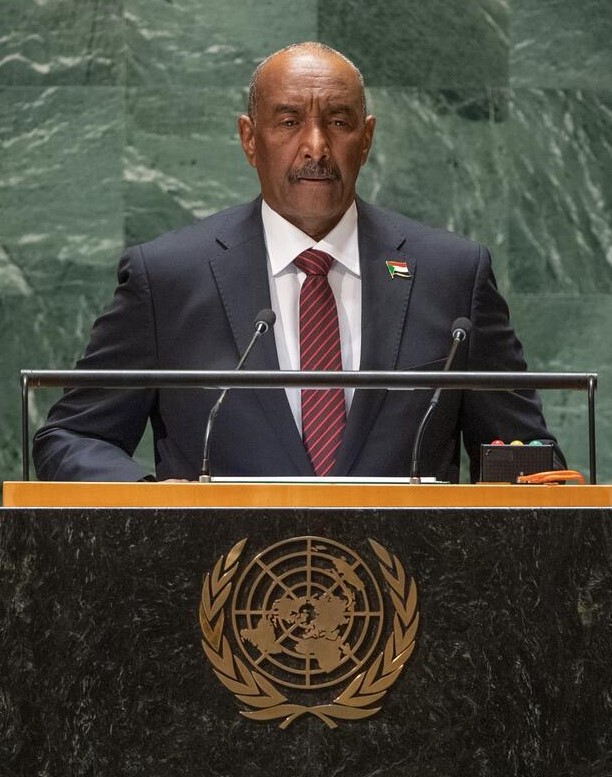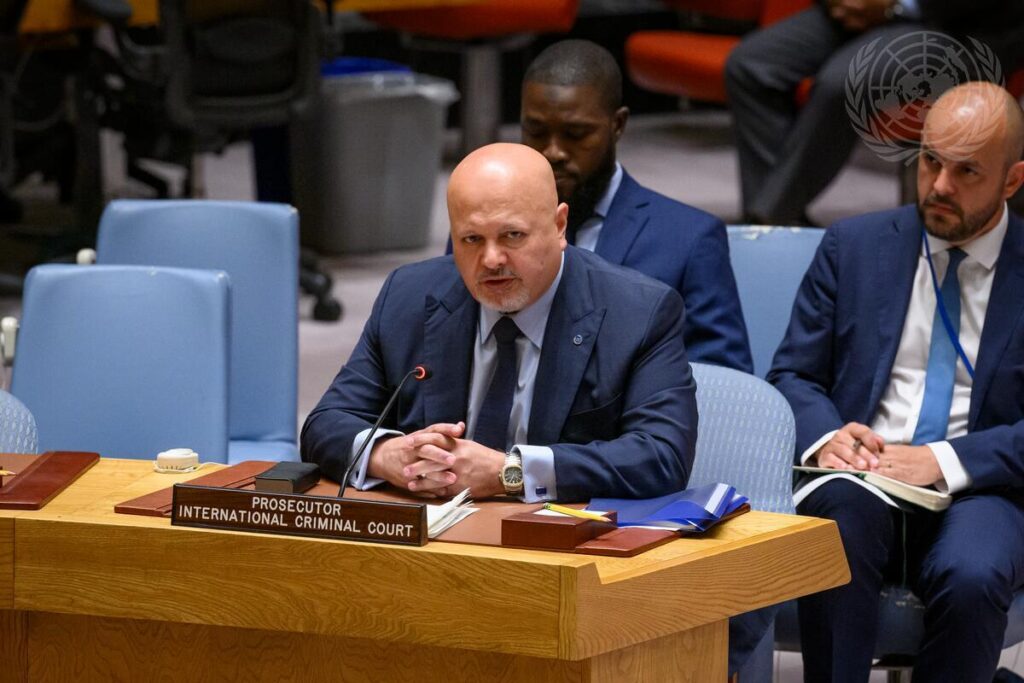When addressing the United Nations Security Council (UNSC) recently, Karim Khan, prosecutor of the International Criminal Court (ICC), spoke of prosecuting atrocities occurring in Darfur in Sudan.
“To those on the ground today in Darfur, I am addressing both the Sudanese Armed Forces (SAF) and the Rapid Support Force (RSF), to those that are aiding and abetting them, that are encouraging them, that are funding them, that are supplying them with weapons, that are giving orders, that are gaining certain advantages, I want to be crystal clear that we are investigating,” he said on August 5.
Speaking of the investigation that will encompass the conflicts from its April 2023 beginning, he added, “We’re using our resources as effectively as we can to make sure that the events also since April of last year, are subjected to the principles of international humanitarian law.”
During the same time frame, Khan addressed the UNSC, General Abdel Fattah al-Burhan, Chairman of the Sovereign Council and Commander of SAF, has made on and off again decisions about whether he will attend peace talks scheduled for August 14 in Switzerland.
The BBC reported that Burhan had survived an assassination attempt, the army spokesman Nabil Abdallah told the UK-owned news network. Abdallah blamed the paramilitary RSF and its commander Mohammed Hamdan Dagalo, also known as Hemedti, which the army has been battling for the last 16 months for control of the country responsible for the attempt.
According to Abdallah, two drones struck an army graduation ceremony that the Sudanese leader was attending, killing five people at a military base in Jabait. This resulted in Burhan ultimately canceling participation in peace talks.
ICC chief prosecutor Khan stated he is submitting applications for possible arrest warrants for Sudanese government officials. During his UNSC report, he expressed confidence and optimism that his next report would include a request for arrest warrants for several key individuals involved in the ongoing Sudan-based atrocities.
“We are using our resources as effectively as we can to make sure that the events, also since April of last year, are subjected to the principles of international humanitarian law,” Khan concluded.
Several days after the assassination attempt, The Sudan Tribune reported, Sudan’s army chief Burhan demanded the United States address the government’s concerns before any peace negotiations with rival paramilitary forces.
“U.S. Secretary of State Antony Blinken spoke with Burhan by phone and stressed the need for the Sudanese Armed Forces (SAF) to participate in ceasefire talks in Switzerland scheduled for August 14,” reported The Sudan Tribune.
Burhan’s response on social media X, formerly Twitter, was that he had told U.S. Secretary of State Antony Blinken in a phone call that the government’s concerns must be addressed first.
“I spoke with him about the need to address the government’s concerns before any negotiations,” Burhan said, adding that he had informed Blinken that the RSF was “attacking and besieging El Fasher and preventing the passage of food to the displaced people of the Zamzam camp.”
Predating ICC prosecutor Khan’s appearance at the UNSC and Blinken’s phone call to Burhan is the United Arab Emirates (UAE) June 27, statement to the Security Council responding that “spurious allegations” made against it by Burhan’s SAF were “false.”
In the statement, the UAE, scheduled to attend upcoming peace talks in Switzerland, claims their efforts are for “a ceasefire and advance negotiations leading to the restoration of a legitimate government that is representative of all Sudanese people.”
However, several global news outlets and U.S. Representative Sara Jacobs (Calif.-D), Ranking Member of the House Foreign Affairs Subcommittee on Africa, have criticized UAE involvement in reportedly, “prolonging the war” in Sudan.
According to the London-based Guardian, “The UAE’s strategy in Africa and the Middle East, (is) aimed at achieving political and economic hegemony while curbing democratic aspirations.”
In a July 31, edition of Foreign Affairs, in an article titled, “The UAE’s Secret War in Sudan: How International Pressure Can Stop the Genocidal Violence,” the authors take the Middle Eastern country to task as well as other countries they accuse of “fueling and benefitting from Sudan’s civil war.”
Follow @JehronMuhammad on X, formerly Twitter















